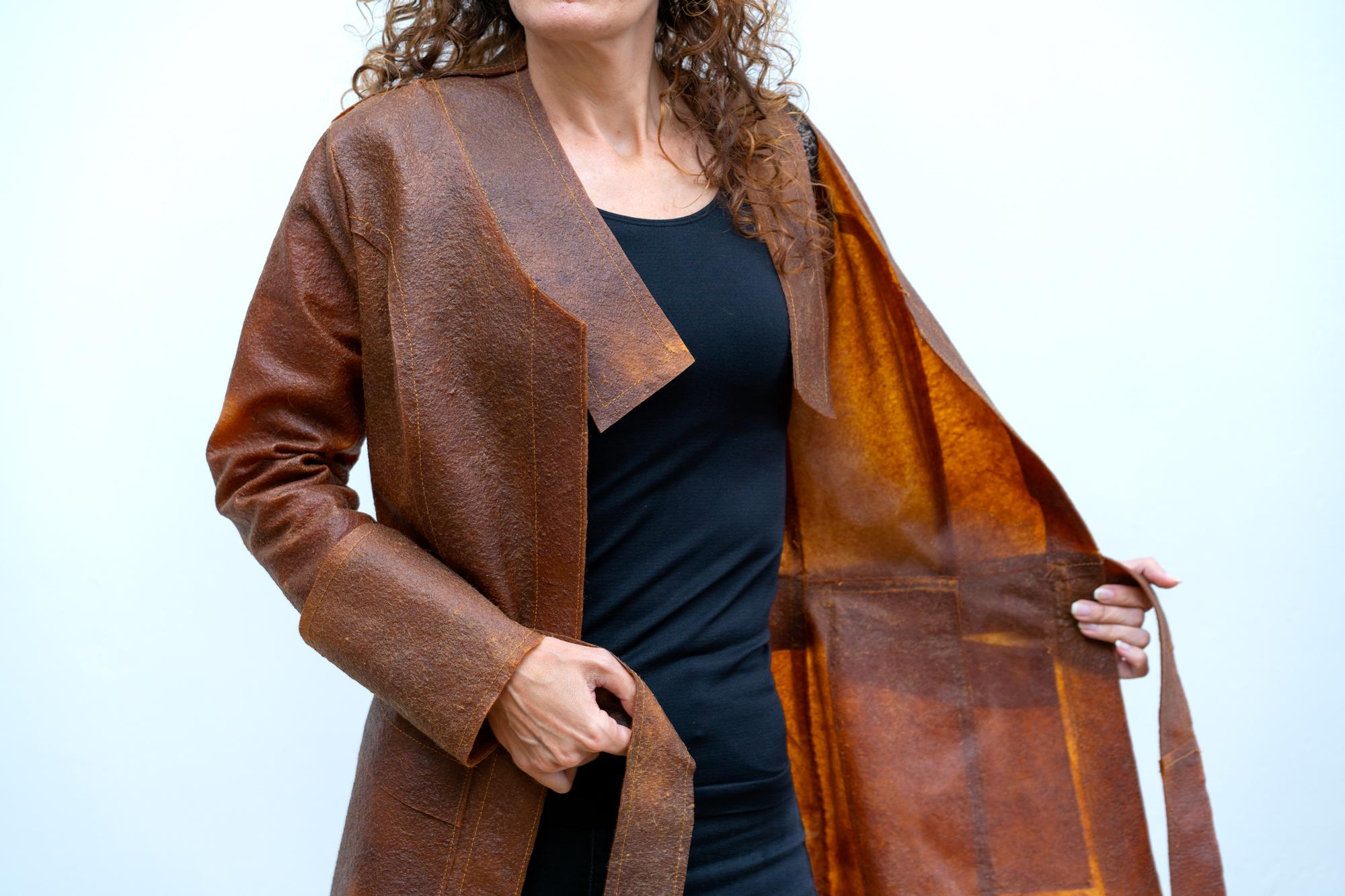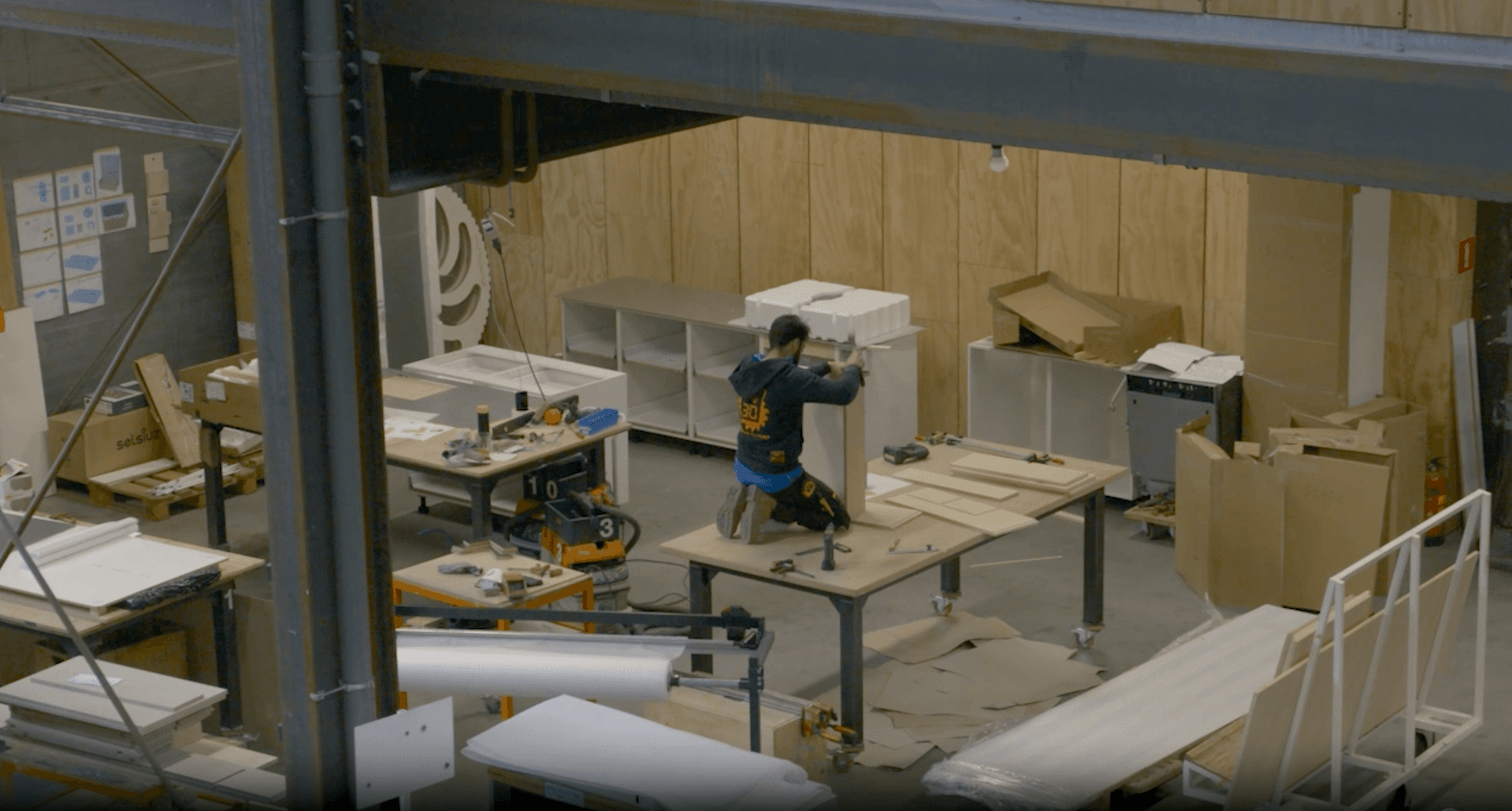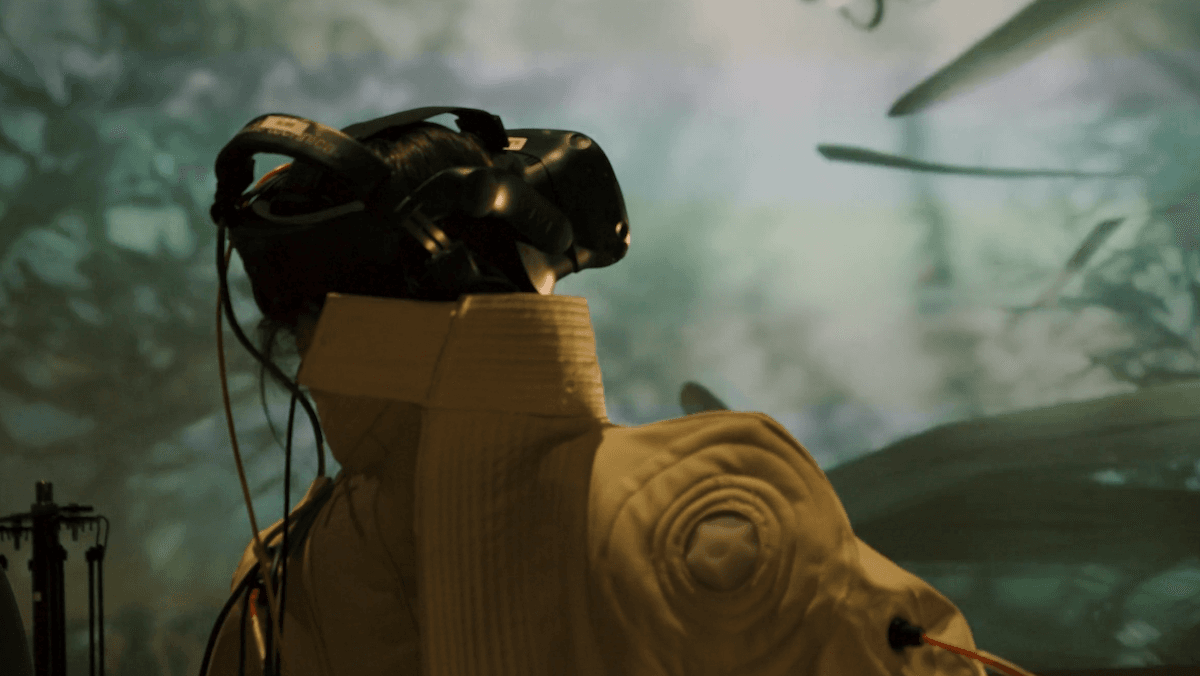While this weekend, the jury members of STARTS Prize come together in Linz, Austria (home of the yearly Ars Electronica) to decide on the STARTS Prize winners of 2022, we look back on one of the two inspirational winners of 2021: Spanish collective Remix el Barrio.
Have you ever wondered what happens to all your food waste? In Poblenou, Barcelona, a collective of artists and designers called Remix El Barrio and local communities collaborate on turning food waste from their neighbourhood into new circular products. They efforts didn't go unnoticed, for they won the STARTS Prize 2021.
Coffee husks are transformed into paper; orange peels are turned into leather coats; olive pits are transformed into flower pots and construction materials; food waste is 3D printed into dog snacks. The creatives are working with the Material Centre of Barcelona to bring the materials to the manufacturing industry. And this circular economy model can be replicated glocally by makerspaces or micro factories.
Circular ecologies of food waste

Born in the European Union’s Horizon project SISCODE, and facilitated by Fab Lab Barcelona, Remix El Barrio came into being with the intention to create a “mix of people, material and social experience”. These artists and designers considered the neighbourhood has life and they are part of the ecosystem there. They first found out where food waste came from and where recyclable food waste can be found.
Then the collective mapped out different actors in the city that have been working on circular ecologies of food waste such as organisation that advocates for recycling and circular economy, restaurants and cafés that were eager to transform their food waste into usable materials, urban gardeners that are composting left-overs and other organic waste. Remix El Barrio approached these actors and started collaborating with some of them like restaurants and cafés to make bio-based materials and products from local bio-waste.
One example is the Squeeze the Orange project in which fashion designers collect orange peel from local restaurant Leka and turn it into bio-leather and make coats from it. Oranges are a common ingredient of the Mediterranean diet, and thousands of kilos of orange peel are usually thrown away. The restaurant’s co-founder Arleny Medina is also part of the collective, and she makes 3D printed dog snacks with protein-based food waste from the restaurant.
Turning food waste into vases

The similar goes for olive pits—architects and designers from NaiFactory Lab transform this common food waste into vases and construction material (Reolivar). NaiFactory Lab also took a visionary step by opening a showroom and shop at the outskirt of Barcelona where they sell products made of olive pits and natural materials from the mountains such as leaves and cactuses.
The group do not want to only conduct artistic experimentation or material research, but rather turn the bio-waste experiments into marketable products and work on manufacture readiness, allowing more people to become part of the ecology by becoming the supporters of these practices and/or makers/manufacturers.
It is the value-driven connections that grow from the collective that makes the practices of Remix El Barrio into an ecology, an ecology of people, materials, environments, and the relationships that connect them. Affiliated with the FabLab Barcelona, the Remix El Barrio collective has used diverse fabrication techniques such as shredding/grinding, dehydrating, adding biodegradable materials to strengthen the material, molding, extrusion, laser cutting, CNC milling, and 3D printing.
>> Do you want to be updated on STARTS blogs, events, open calls and workshops? Register for our monthly Make-newsletter! (Choose: Digital fabrication, biotech and new materials, artistic research)
Do try at home: watch the open-source tutorials

The technologies are activated for building a circular ecosystem of food waste. By critical making, they reimagine how community actors, makers and creatives, FabLab, local business, and local organisations can form a circular ecosystem around food waste. This way of connecting to local actors and businesses, and utilising technologies to create a circular ecology of food waste can be applied in other places globally—all the processes of making these new materials are filmed and turned into open-source tutorials, and small manufacturers worldwide can collaborate with actors in the neighbourhood in mapping and gathering local food wastes, and work with critical makers to appropriate the machines of their production lines to start making these bio-based materials.
MATERFAD, the Centre of Materials of Barcelona has collected the materials made by Remix El Barrio, and has added them to their broad range of samples that they provide to industry. By linking them to industry partners, they are helping the collective to get closer to the industrial manufacturing standards and production of high volumes. As for industrial producers, the solutions that initiatives such as Remix El Barrio provide are of great value in the face of increasing pressure to decrease their carbon footprint.

Local material is readily available and does not need to be shipped across long distances. By making use of bio-waste, new life is given to something that otherwise would be discarded, and no raw materials need to be transported and exploited. The challenges for cooperation now lie in adapting logistical cycles, machines and end products to the new circumstances. The work of the Remix collective is one of many initiatives that pave the way towards circular ecology.
El Barrio means the neighbourhood. Situated in the neighbourhood of Poblenou, Barcelona, the ideas and methods of creative and critical making from Remix el Barrio can be applied in other neighbourhoods in different parts of the world. This vision of circular ecology of local food waste can hopefully inspire collaborations among local manufacturers, community actors and organisations, and local business, which would remix and refresh materials, technologies, production, supply chains and logistic chains, and consumption model. Remix glocally.
About STARTS: Innovation in and for Europe
Science, Technology and ARTS (STARTS for short) limn a nexus at which insightful observers have identified extraordinarily high potential for innovation. And innovation is precisely what’s called for if we’re to master the social, ecological and economic challenges that Europe will be facing in the near future. In this STARTS Prize initiative, the European Commission’s focus is on projects and people that can make meaningful contributions to this effort.


